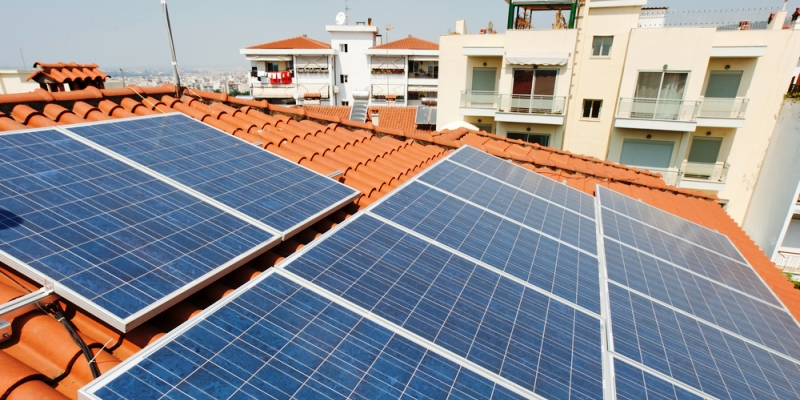With the Union Budget 2023-24 to be presented in Parliament on February 1, experts at The Energy and Resources Institute (TERI) have suggested a host of measures to aid sustainable development, climate resilience, and just transition.
Dr Vibha Dhawan, Director General, TERI, pointed out that the Union Budget 2023-24 will be the first to be presented since India announced the Long-Term Low Emission Development Strategies (LT-LEDS) to achieve the net zero emission goals by 2070. “It is imperative that the vision of long-term transition is embedded in the annual budgets, as the fiscal policy not only alters incentive structure for consumer and producer choices, but it also sends a strong signal to the private sector for technology adoption,” she said.
In order to bring down the material intensity of India’s development trajectory, Dr Dhawan suggested that the budgetary allocations for yet-to-be-built infrastructure must account for the needs of green planning, particularly the promotion of energy-efficient building designs, sustainably produced materials and the use of renewables.
She added that the “green” efficiency of subsidies needs to be enhanced by prioritising greener alternatives. “We need to align the LiFE initiative with the promotion of solar energy by targeting high power-consuming households. A combination of generation-based incentives for installing solar rooftops with higher peak tariffs will encourage high power-consuming households to invest in solar rooftop systems,” Dr Dhawan said. She further added that the range of options that the recently amended Energy Conservation Act offers, can be innovatively utilized for bringing down the cost of transition as well as distribution and enforcement of national targets to a wider set of actors.
Ajay Shankar, Distinguished Fellow, TERI, and former secretary, Department of Industrial Policy and Promotion, Government of India, noted that with the need to divert the cess on coal to “make good the shortfall in GST revenues of the states” now over, the money collected as cess could be used as a ‘Green Fund’. “It could be used to create a Green Equity Fund which could provide equity to start-ups and pioneering energy transition projects. It can also be used to provide Viability Gap Funding for energy transition projects,” he added.
With the recent years witnessing a rise in the incidence of crude oil spillage in the country, Dr Banwari Lal, Senior Director, TERI, suggested provisions in the Union Budget or tax /GST relief to oil companies that adopt green technologies or environment-friendly solutions and products to restore oil contaminated sites.
With 2023 marking the mid-point since the adoption of the Sustainable Development Goals and the Paris Agreement, Dr Shailly Kedia, Associate Director, TERI, drew upon the need to use Green Budgeting as a tool for systematic mapping and tracking funds, outlays, expenditures, and policies which, in turn, can support integration of green objectives.
This content is protected by copyright and may not be reused. If you want to cooperate with us and would like to reuse some of our content, please contact: editors@pv-magazine.com.









By submitting this form you agree to pv magazine using your data for the purposes of publishing your comment.
Your personal data will only be disclosed or otherwise transmitted to third parties for the purposes of spam filtering or if this is necessary for technical maintenance of the website. Any other transfer to third parties will not take place unless this is justified on the basis of applicable data protection regulations or if pv magazine is legally obliged to do so.
You may revoke this consent at any time with effect for the future, in which case your personal data will be deleted immediately. Otherwise, your data will be deleted if pv magazine has processed your request or the purpose of data storage is fulfilled.
Further information on data privacy can be found in our Data Protection Policy.